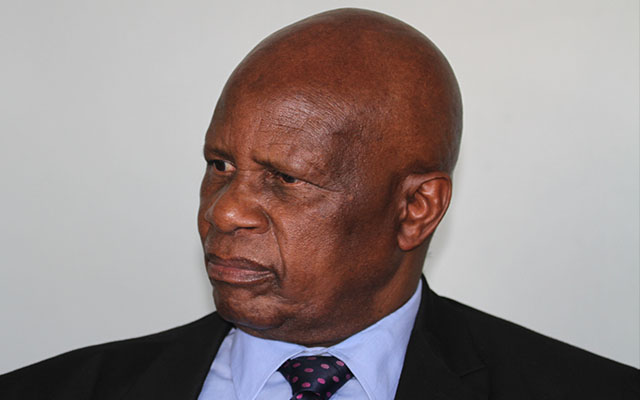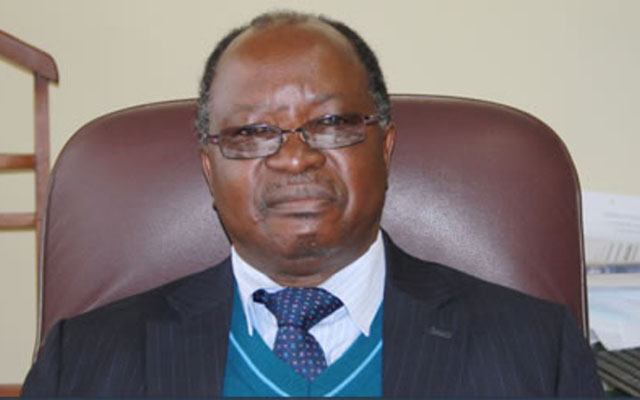Civil servants laud Govt on bonus commitment

Felex Share Senior Reporter
Civil servants have welcomed Government’s commitment to pay their 2017 annual bonuses and pledged to support President Emmerson Mnangagwa’s administration in its quest to revive the economy.
The Government workers also welcomed the planned rationalisation exercise in the civil service, saying austerity measures were key in stimulating economic growth. Presenting the 2018 national budget statement last week, Finance and Economic Development Minister Patrick Chinamasa proposed a cocktail of measures to cut recurrent expenditure.
These included civil service and diplomatic staff rationalisation, a reduction in the size of the Executive, a cut in staff benefits and restrictions on travel. Minister Chinamasa said civil servants’ 2017 annual bonuses would be staggered beginning February next year. Apex Council chairperson Mrs Cecelia Alexander yesterday said economic recovery would be achieved through concerted efforts.
“We appreciate the pronouncement on bonuses for civil servants and also the concrete information given on when the payments will be done, We understand that the 2017 bonus will be paid in 2018 due to the fact that the 2016 bonus was paid this year, so it was obvious that Government was not going to be able to pay two bonuses in one year.”
Minister Chinamasa said to reduce the Government wage bill, a freeze on recruitment would be implemented while staff with more than 65 years would be retired in line with existing policy. He proposed the introduction of a voluntary retirement scheme, adding that redundant officers would be retired.
Minister Chinamasa said Cabinet had agreed to abolish youth officer posts in the Ministry of Youth, Indigenisation and Empowerment by transferring their roles and functions to ward development coordinators in the Ministry of Women, Gender and Community Development.
He said the move would cut the number of youth officers and ward development coordinators from 7 269 to 3 530, saving $1,6 million per month ($19,3 million per annum) in the process. Mrs Alexander said rationalisation was the way to go.
“We welcome the voluntary retirement approach where at the end of the day those who have capacity to run their projects or businesses leave employment to run their entities on a full time basis and create employment and grow the economy,” she said.
“For the youth officers whose posts will or have been abolished, we believe Government will share the information with workers’ representatives, instead of implementing that unilaterally. The civil servants will definitely play their part in the new dispensation and do their best to build the economy by providing good service delivery to the nation.”
Minister Chinamasa said 528 members of the Public Service without requisite qualifications in terms of Section 18 (4) e (ii) of the Public Service Regulations were being retired.
Government, he said, had reduced fuel benefits across the board and will also cut the number of people who benefited from the personal vehicle scheme. Permanent secretaries, commissioners and equivalent grades will now get one personal issue vehicle, while principal directors, directors and deputy directors and their equivalents will be under a vehicle loan scheme.
Government also proposed to reduce its diplomatic presence and introduce a ceiling on rentals for foreign missions. Zimbabwe has 46 embassies and consulates, manned by both home-based and locally recruited staff. The embassies, according to Minister Chinamasa, needed around $65 million annually, far above available capacity.











Comments